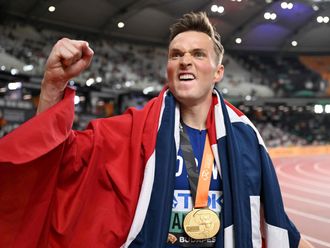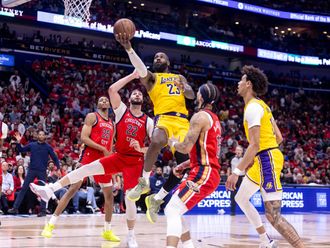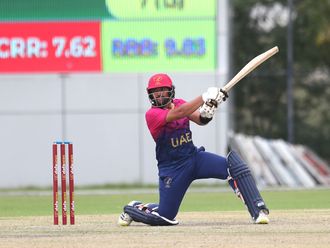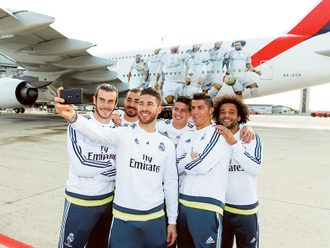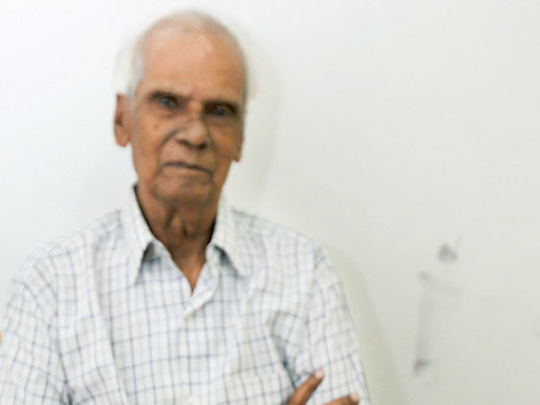
Dubai: No one will have more thoughts of what might have been than Joe Antic when India take on Holland in their Olympic men’s hockey opener in London on Monday.
A relic of a crumbled sporting dynasty, the 81-year-old 1960 Rome Olympic silver medallist will watch the match from his daughter’s flat in Sharjah clutching onto fading memories as India ambles to its Olympic return after failing to qualify for Beijing.
Once prized for six consecutive Olympic gold medals from 1928 to 1956, claiming 11 of India’s total 20 across all sports, Indian hockey then buckled under the weight of 1.2 billion expectations long ago. A classic case of failure to adapt, India got left behind in the switch from grass to astro-turf.
Since the surface change they won just one more gold at the Moscow 1980 Olympics, but it was a weakened field due to boycotts. It left their tally as it stands today at a total; eight golds, one silver and two bronze. Two more Olympic medals than all other sports in India have managed put together — and only one of those, in the men’s 10m air rifle, is gold.
Antic, who like Indian hockey, has his own personal reasons to wonder what if, was overlooked in the 1956 Olympic call-up despite sound performances for Brihunmumbai Electric and Western Railway. When his chance for gold came in 1960, a much fancied India in search of a seventh consecutive title lost 1-0 to rivals Pakistan.
Eyeing the chance to avenge this loss in the Asian Games in Jakarta two years later, Antic was left out in the final where they lost again to Pakistan 2-0. Two silvers, arthritic knees and a Rs 10,000 Olympic team pension are his only reminders of what was. “I wish I could say we had a good reception on our return from Rome, but in truth we hid under the train, so unexpected was our loss and strong was our rivalry with Pakistan,” said Antic, who was once captained by Dhyan Chand and went onto coach Dhanraj Pillay, both legends of the game.
“I can’t have regrets, Pakistan played better hockey on the day and deserved to win. It was tight and could have gone either way. I’m immensely proud of my medal,” he told Gulf News in an exclusive interview.
Antic, a snaking centre half, who went on to coach the Oman national team after retirement in 1985, having started the game in 1956, added: “The game’s changed beyond recognition. What with the surface, it changed the style of play and technique gave way to a big hitters game.
“There’s no offside or obstructions anymore, it’s an arms over the shoulder affair now. Player’s can literally play tennis with the ball, it could be football next and then the hockey I knew would have died completely.”
Pointing to the previous domestic structure of the sport, where all major companies used to field their employees in tournaments, Antic implied that such corporate enthusiasm for the sport has since faltered. “Shoes, hockey sticks and kits used to be supplied to us by the company we worked for [Western Railway] and anyway they were a few rupees. Now it’s so expensive and I don’t think the same funding is there to bring new players through in similar numbers. Hockey cries because it’s overlooked by cricket.”
“I’ll watch India on Monday, but the other countries have caught up. They are more prepared. It’s more about physique, power and stamina than skill and style. I doubt it will ever get back to how it was.”


